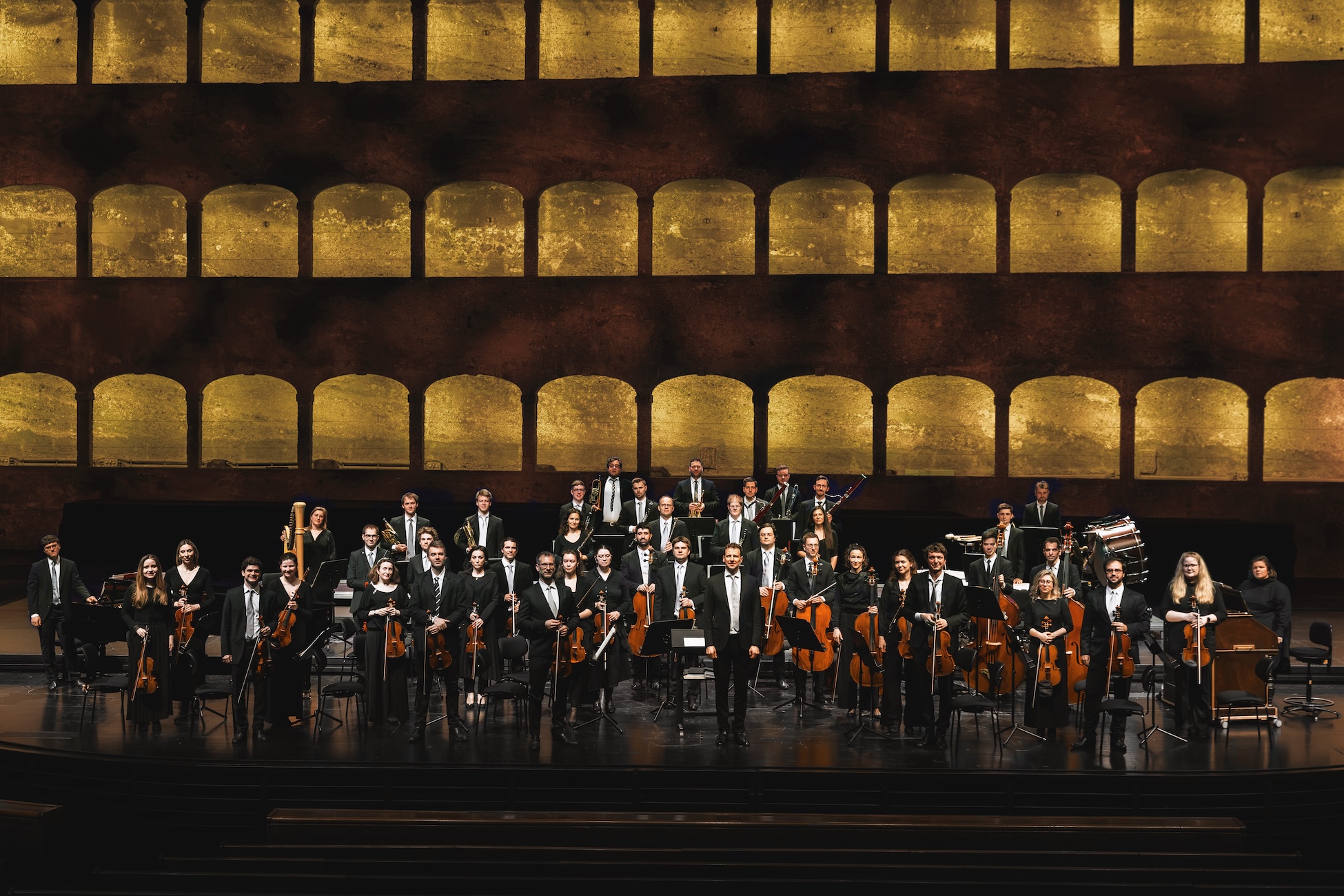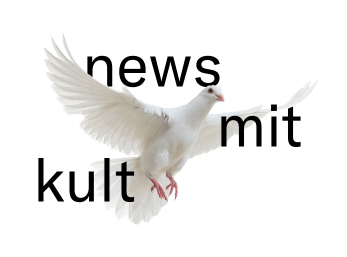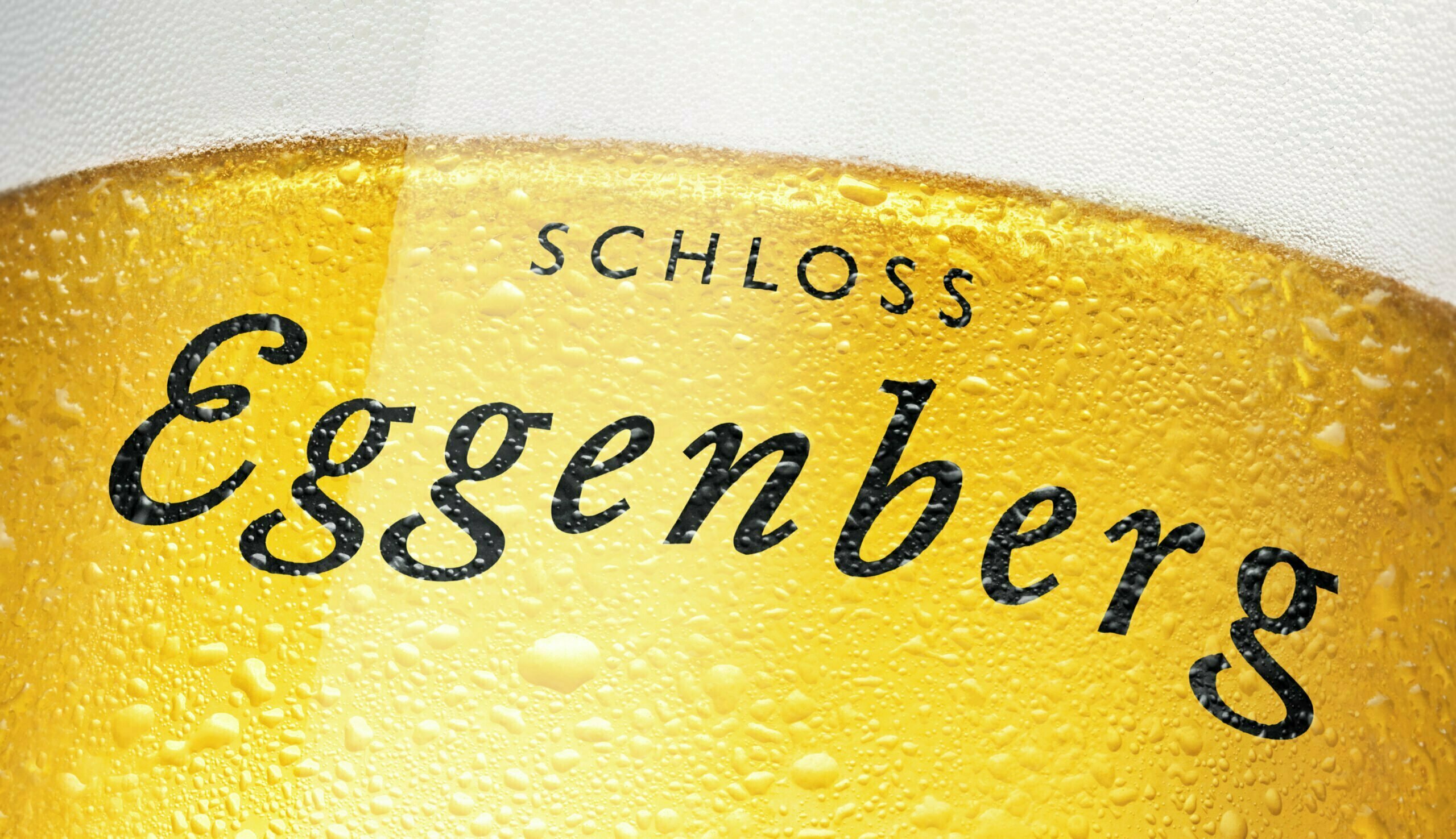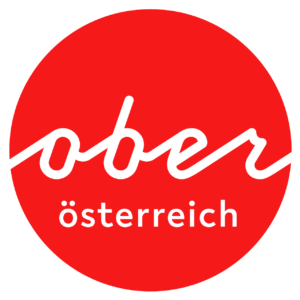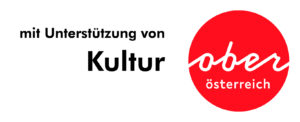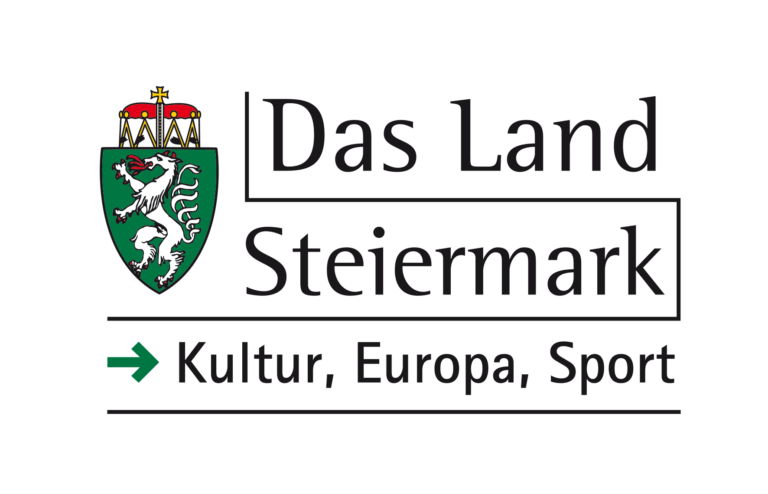Exactly 100 years after its premiere in October 1924, Schönberg’s forgotten short opera “Die glückliche Hand” is the focus of this concert programme. In this piece, Schönberg dealt with the tragic events surrounding the painter Richard Gerstl, who had begun an affair with his wife Mathilde. After she finally ended the liaison, Gerstl took his own life. However, the programme begins with Arnold Schönberg’s Chamber Symphony No. 1 in E major. This was part of the legendary scandalous concert (“Watschenkonzert”) at the Vienna Musikverein in 1913, which led to tumultuous riots between supporters and opponents of the then young “Second Viennese School”. Erwin Schulhoff was a great supporter of the Viennese School and was interested in all radical avant-garde movements. His “Suite for Chamber Orchestra” dates from the same period as “Die glückliche Hand”. Both Arnold Schönberg and Erwin Schulhoff were ostracised and persecuted by the Nazis due to their Jewish origins and their progressive and expressionist musical style. Schönberg emigrated to the USA via Paris in 1933. Schulhoff died of tuberculosis in prison in 1942.
An introduction to the work with Dr Ulrike Anton will take place at 19:00 in the foyer on the 1st floor.
With
Christoph Filler – Baritone
Ensemble Interpunkt (Conductor: Michael Schneider)
Orchestra Divertimento Viennese
Vinzenz Praxmarer – Conductor
Arnold Schönberg (1874-1951)
Chamber Symphony No. 1 in E major op. 9 (1907)
Arnold Schönberg (1874-1951)
Die glückliche Hand Drama mit Musik in einem Akt op. 18 (1913/1924)
Transcription for baritone, three male/female singers, three male/female singers and chamber ensemble by Eberhard Kloke (2021)
Gustav Mahler (1860-1911)
Lieder eines fahrenden Gesellen (1884)
Arranged for chamber ensemble by Arnold Schönberg (1919)
Erwin Schulhoff (1894-1942
Suite for chamber orchestra (1921)
More about the project at salzkammergut-2024.at
